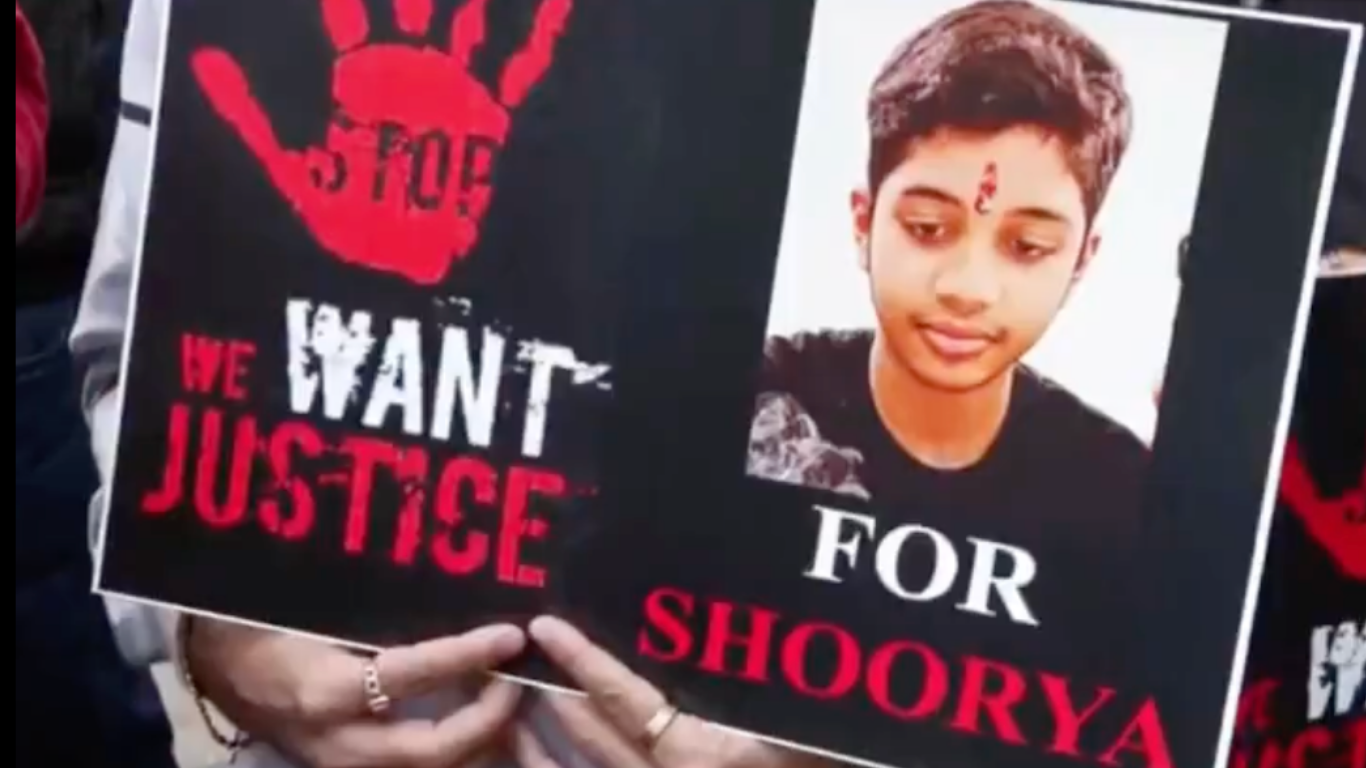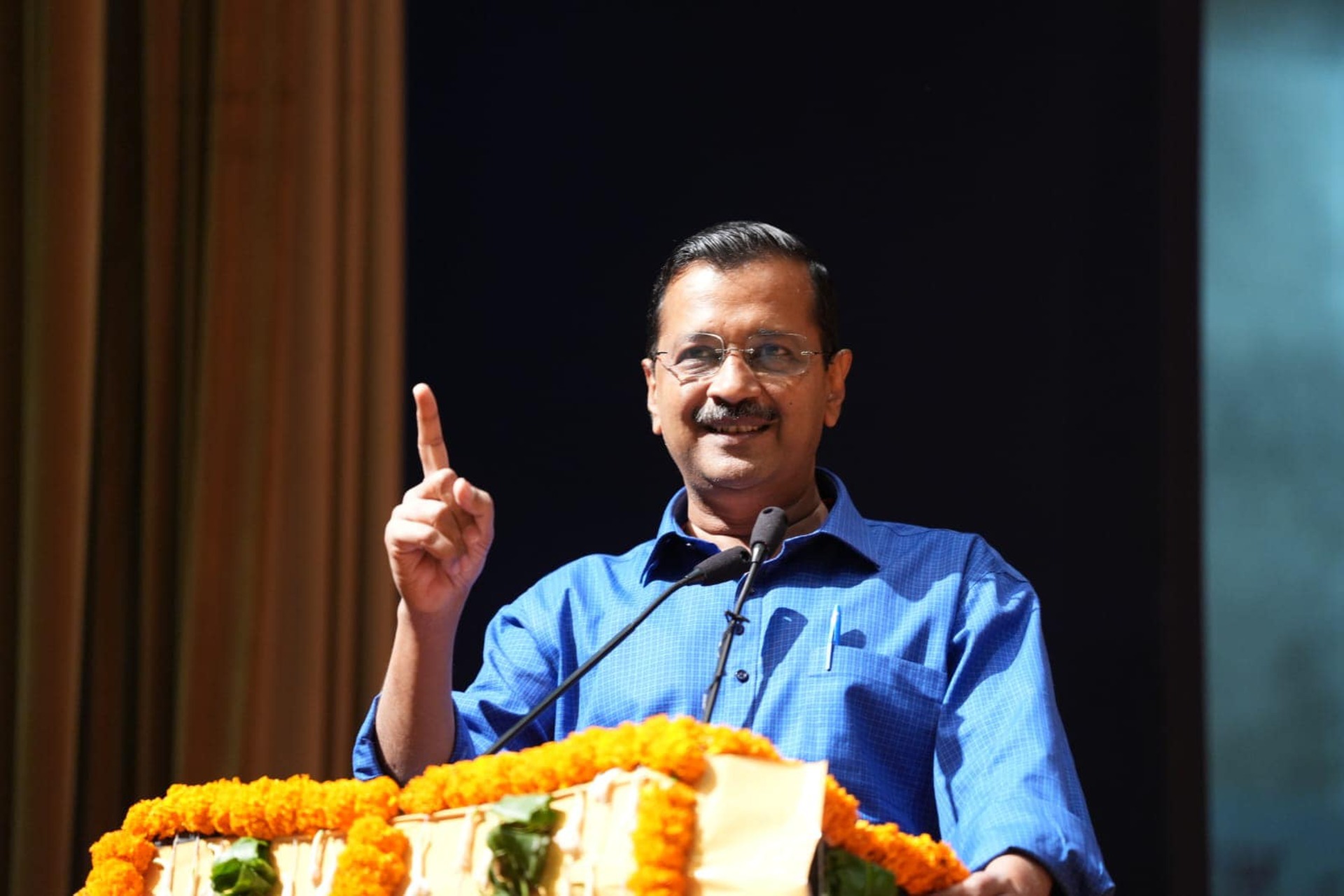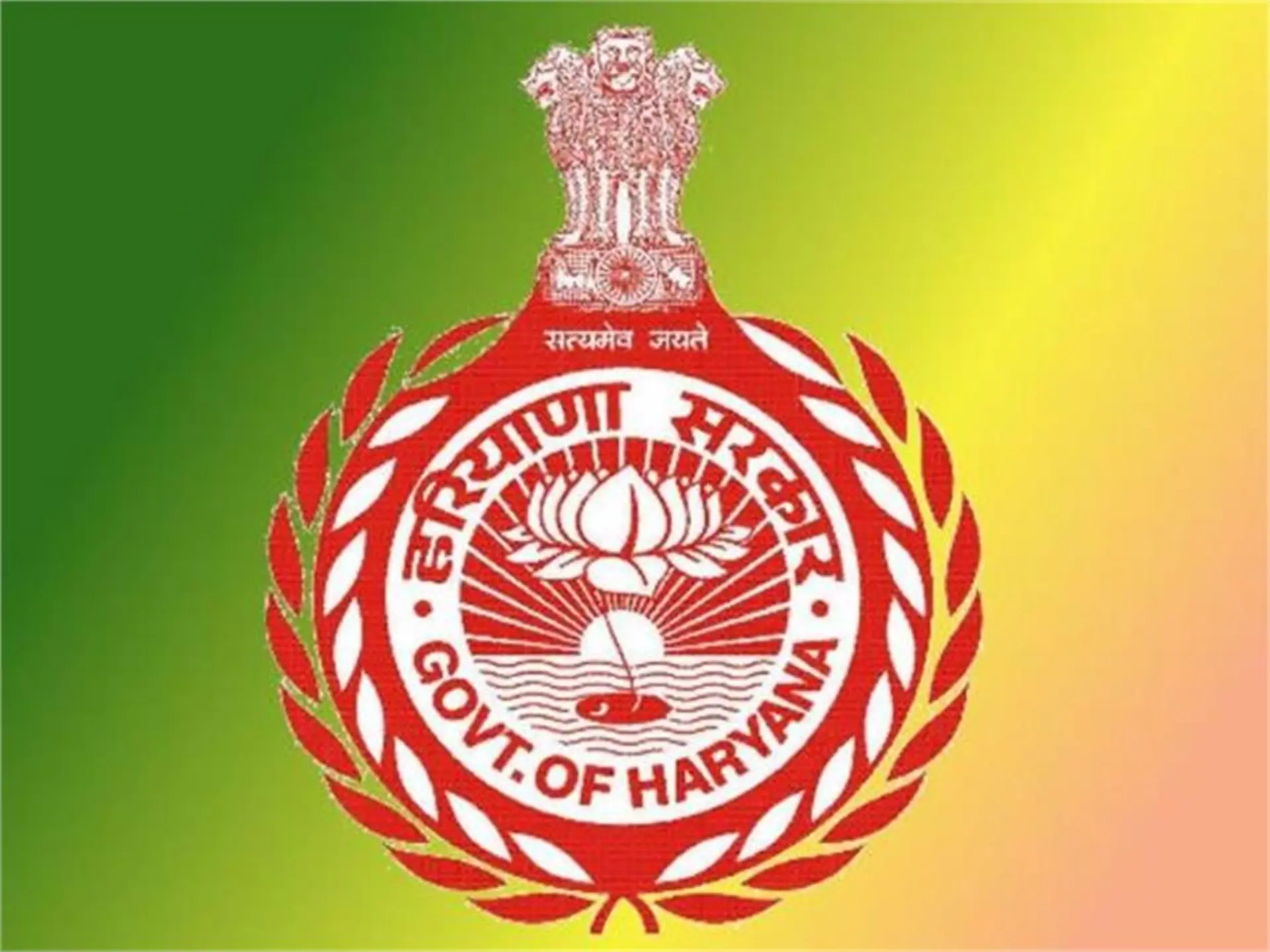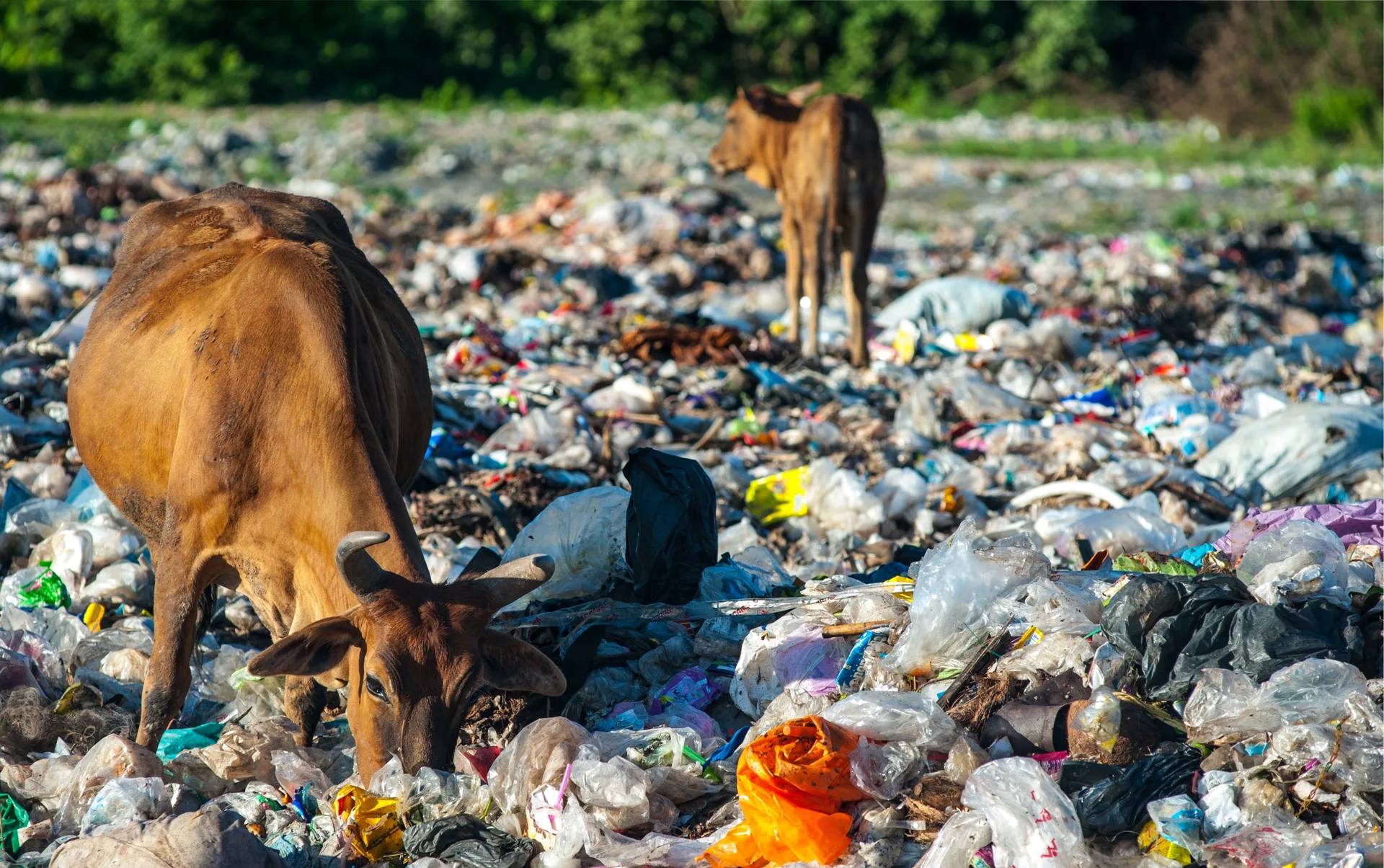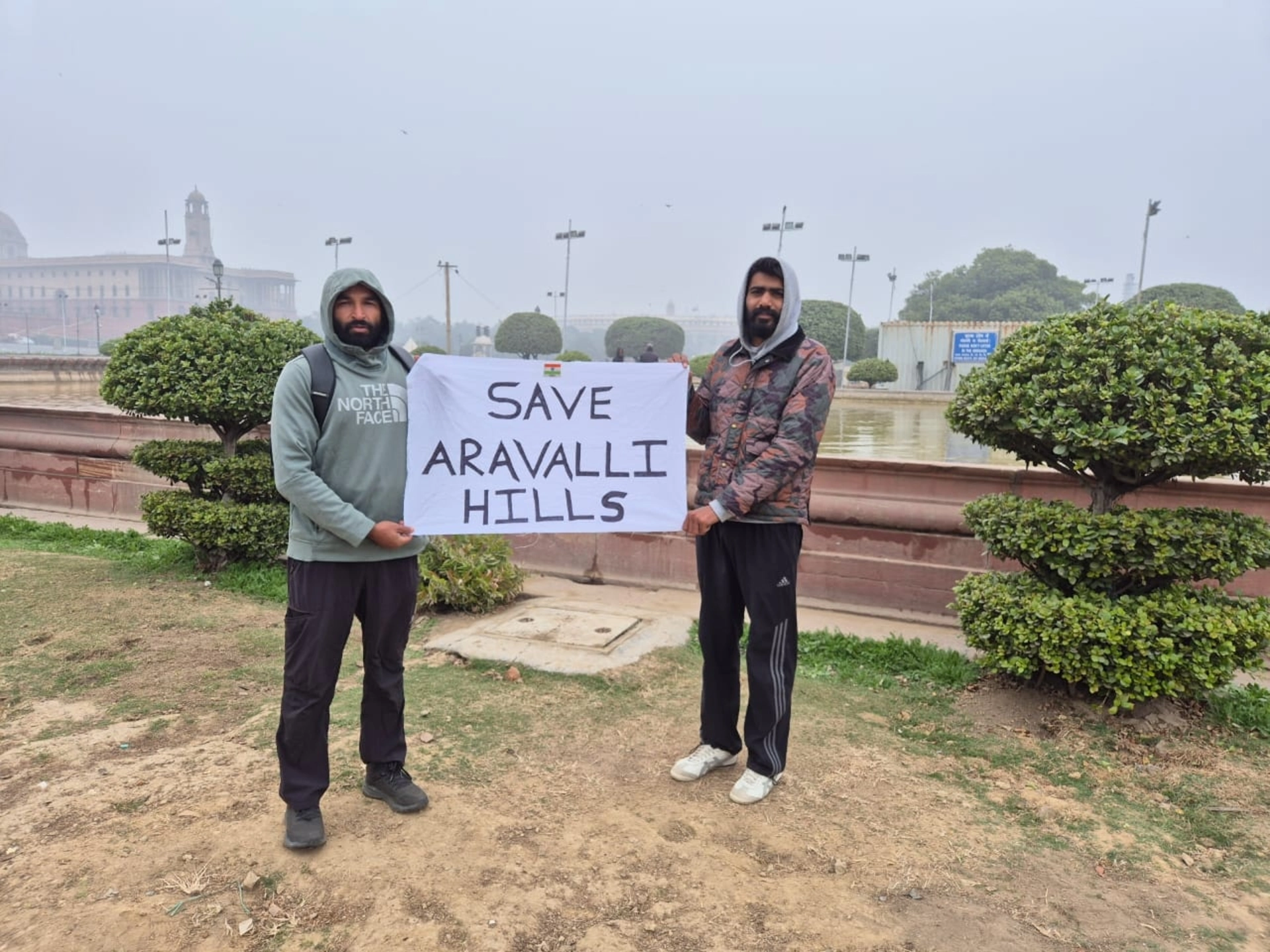
In a dramatic turn of events, Delhi Chief Minister Arvind Kejriwal faced arrest by the Enforcement Directorate (ED) amidst allegations of involvement in a web of hawala transfers and the controversial excise policy scam. Exclusive information accessed by News18 sheds light on the series of events leading to this development.
Arrest Triggers Speculation:
Kejriwal's arrest came following a string of summonses from the ED, which he repeatedly ignored, citing them as politically motivated. However, the ED's patience wore thin as evidence mounted against him, including WhatsApp chats, FaceTime calls, and secret meetings indicating that he and his close associates are involved in the alleged hawala transactions and excise policy irregularities.
Summonses Ignored, Legal Action Follows:
Despite receiving nine summonses from the ED, Kejriwal continued to evade cooperation with investigators, further exacerbating the situation. His dismissal of the summonses as "political" and "illegal" only served to embolden the ED, leading to the initiation of legal proceedings against him under the Indian Penal Code.
Directorate's Response:
Sources within the ED express disapproval of Kejriwal's repeated attempts to evade the summonses, highlighting that no individual can deem such legal proceedings as unlawful. The directorate's relentless pursuit of the truth underscores its commitment to upholding the rule of law and ensuring accountability.
Roots of the Scandal- Excise Policy Scam:
The controversy traces back to Delhi's alleged excise policy scam, initially brought to light by Chief Secretary Naresh Kumar's report to the Lieutenant Governor in July 2022. The report raised concerns about procedural irregularities and financial losses to the government exchequer due to arbitrary decisions made by then-excise minister Manish Sisodia.
Investigative Proceedings:
The case was swiftly taken over by the Central Bureau of Investigation (CBI), resulting in Sisodia's arrest in February. Subsequently, the ED assumed control to probe the money laundering aspects of the policy, delving into WhatsApp conversations and FaceTime calls to uncover potential complicity among senior cabinet ministers.
As the investigation unfolds, the nexus between hawala operators, senior government officials, and political leaders comes to light, raising questions about ethical governance and accountability. Kejriwal's arrest marks a significant development in the ongoing probe, underscoring the imperative of transparency and integrity in public office.
In essence, the situation surrounding Kejriwal's arrest serves as a reminder of the inherent challenges in upholding the principles of justice and probity in the corridors of power.
related

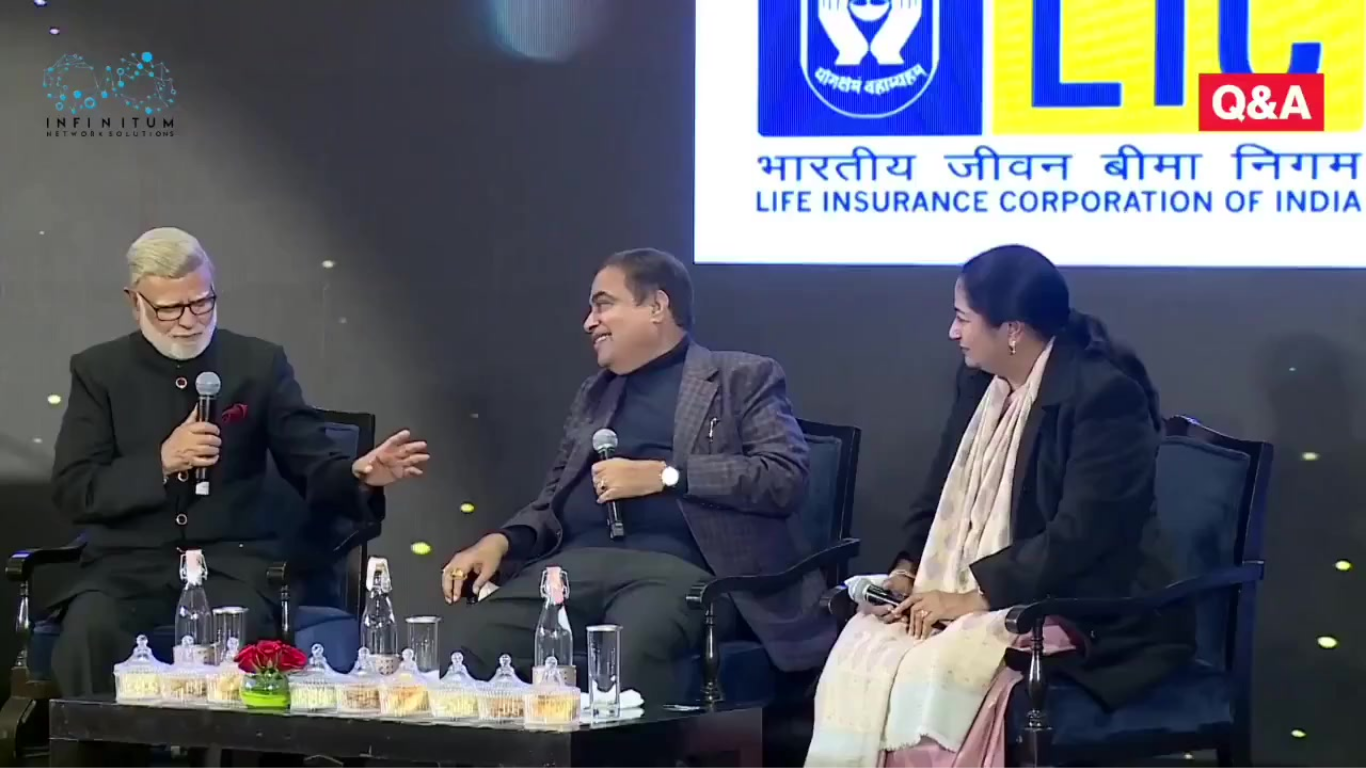
₹60,000 Crore Spent, But Gurugram Still Choked: Gadkari Deflects Infrastructure Question With Auto Industry Pitch

Laying the Strongest Foundation Education Reform Language Empowerment and India’s Path to AI Sovereignty
